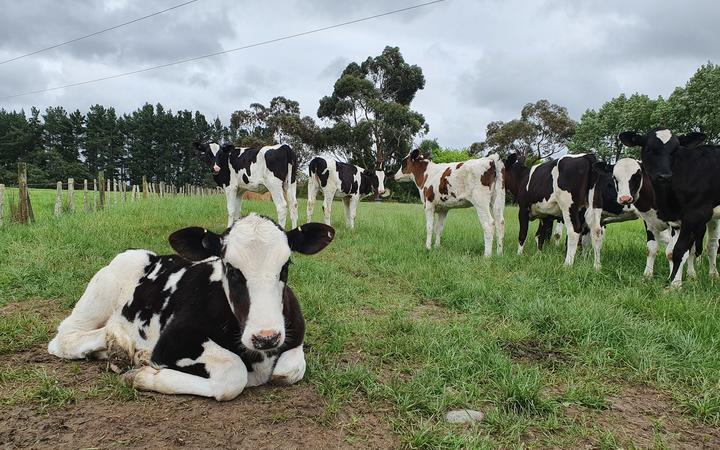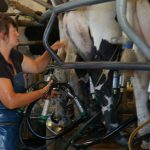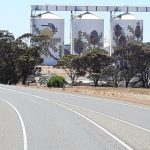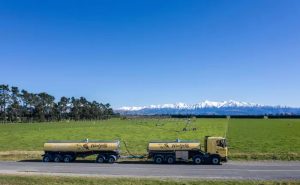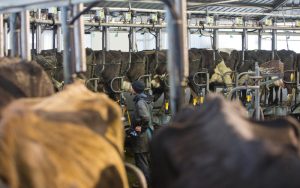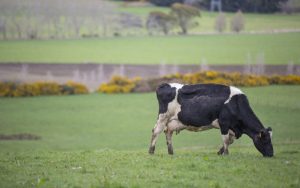
On the agricultural emissions front, $24 million was committed to research and mitigation technology development, which could include things like methane inhibitors and the breeding of low emission animals.
Meanwhile, $37m would go towards a national farm planning system for farmers and growers, in line with the government’s plan for all farms to have written plans to measure and manage emissions by the end of 2024.
Agriculture Minister Damien O’Connor said in order to meet its climate and environmental goals, there needed to be a single, easy to use framework.
“Through a good, sound planning process, and bringing together the existing plans that farmers have, then we can have less compliance for farmers on-farm.
“This is about getting alongside farmers and helping put all these things in place.”
In terms of the biosecurity announcements – nearly $9m was committed to new technology to detect biosecurity threats in international mail.
The Budget allocated $22m towards the National Animal Identification and Tracing (NAIT) Scheme, which aims to help authorities respond to issues such as M bovis.
O’Connor said a big focus of the Budget was taking on inequality in New Zealand – and that would benefit rural communities.
“This Budget, first and foremost, tackles some of the underlying social challenges of inequality that we have across our economy, and they flow right through into the rural communities.
“So supporting those people to step up and participate in our economies, particularly in the rural areas, will be a huge boost to all of us.”
Federated Farmers welcomed the additional support for streamlining farm planning, agricultural emissions research and boosting the effectiveness of NAIT.
But, it said Minister of Finance Grant Robertson’s talk of winding back the economic reforms of the ’80s and ’90s could send shivers down the spines of some farmers.
“The only reason farmers and growers were able to keep New Zealand out of the financial crap of last year was because we underwent the reforms of the ’80s and ’90s.”
Dairy NZ said the Budget had missed the mark – it said there was nothing new or transformational for farmers or rural communities.
Spokesperson Jenny Cameron said while there was continued funding for existing programmes, there was very little to help farmers accelerate the pace of work they were doing to improve environmental outcomes.
“Covid-19 has shown how susceptible New Zealand’s economy is to global shocks. We need more investment in on-the-ground initiatives to protect our primary sector, yet the investment in biosecurity has fallen short.
“We hoped to see a substantial government boost to fund preparedness, capability and cutting-edge technologies.”
Greenpeace said the Budget did not commit enough to help the climate or address intensive farming practices.
Spokesperson Amanda Larsson said it offered “little more than loose change for tackling the climate crisis”.
“It’s incredibly frustrating to watch this government continue a slow and incremental approach to dealing with what is a major and urgent crisis. Winning slowly on climate change is the same as losing.”
